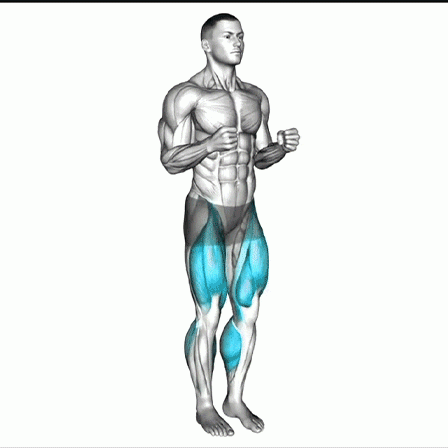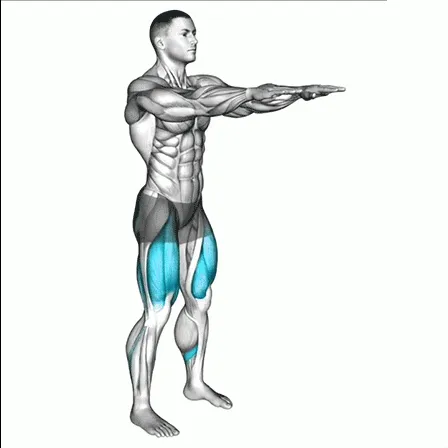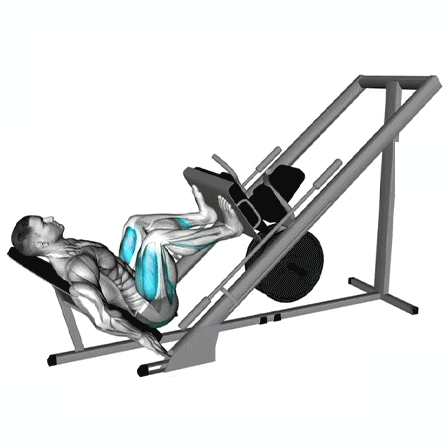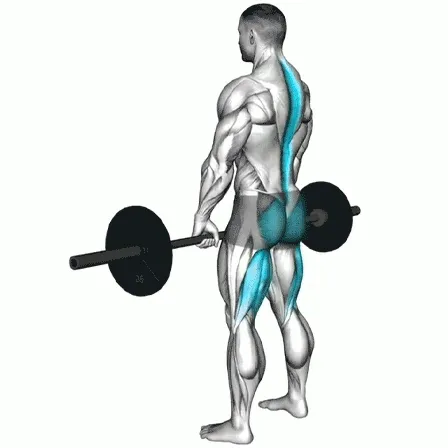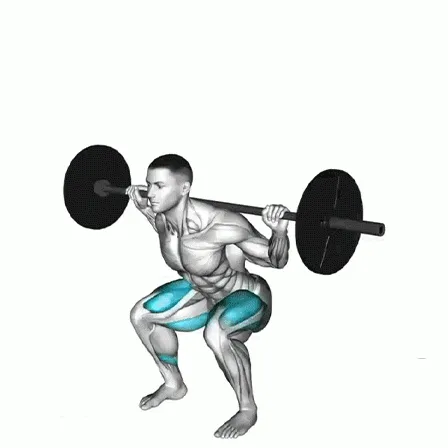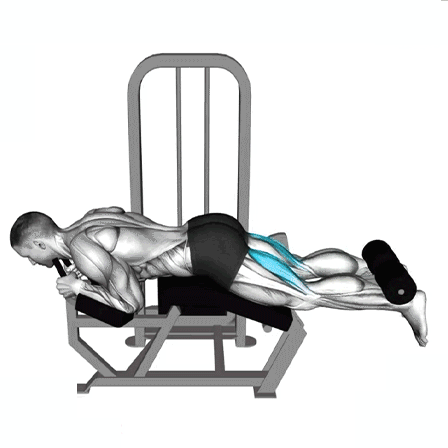Marching in Place: A Beginner’s Cardio Exercise
Marching in place is a simple, low-impact cardio exercise suitable for beginners or as a warm-up for more intense workouts. It elevates your heart rate, engages your lower body, and helps improve coordination and core stability. With proper posture and rhythm, marching in place can be an effective way to boost cardiovascular fitness safely.
Step-by-Step Instructions for Marching in Place
1. Starting Position
-
Stand tall with your feet hip-width apart.
-
Keep your arms relaxed at your sides.
2. Engage Your Core
-
Tighten your abdominal muscles to maintain good posture.
-
Keep your back straight and shoulders down and relaxed.
3. Begin Marching
-
Lift one knee to about hip level or as high as comfortable, while keeping your core engaged.
-
Lower that leg back to the ground and immediately lift the opposite knee.
-
Swing your arms naturally as you march, just as you would when walking.
4. Maintain Rhythm
-
Establish a steady pace that feels comfortable but challenging.
-
Count your steps or set a timer to track the duration.
5. Breathing
-
Inhale through your nose and exhale through your mouth in a controlled manner.
-
Avoid holding your breath.
6. Variation Options
-
Add higher knee lifts for more intensity.
-
Incorporate arm movements, such as overhead reaches or lateral swings, for additional engagement.
Tips for Proper Form
-
Foot Placement: Land softly on your feet to reduce impact on your joints and maintain even weight distribution.
-
Posture Check: Avoid slouching. Imagine a string pulling you upward from the top of your head. Keep your gaze forward to maintain neck alignment.
-
Arm Movements: Swing your arms opposite to your legs (left arm with right leg and vice versa) to mimic a natural walking motion. Avoid stiff or exaggerated swings.
-
Pace Adjustments: Start slow if new to exercise or as part of a warm-up, and gradually increase speed to raise your heart rate.
-
Safety: Ensure your exercise space is free of obstacles and use supportive footwear or a safe surface to protect your feet.
-
Progression: Incorporate intervals of faster marching, add ankle weights for resistance, or combine marching with side steps or jumping jacks for variety.
Marching in place is an accessible, beginner-friendly cardio exercise that improves heart health, coordination, and core stability. By focusing on posture, rhythm, and controlled movements, you can safely elevate your fitness level and incorporate this exercise into your daily routine or warm-up sessions.
